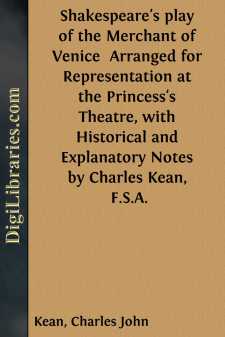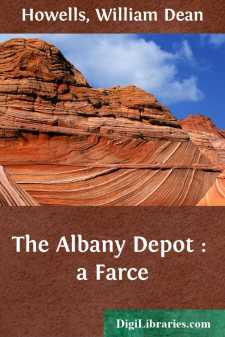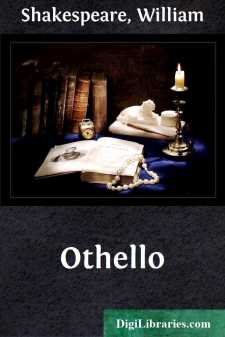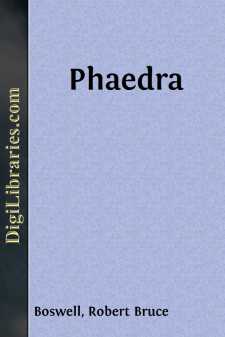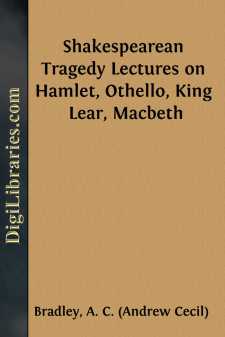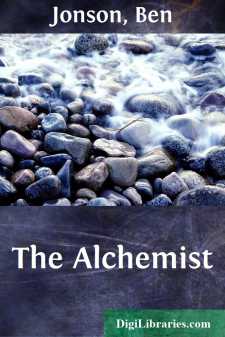Drama Books
Sort by:
ACT I. Various groups of Nobles, Citizens, Merchants, Foreigners, Water-Carriers, Flower Girls, &c., pass and repass. Procession of the Doge, in state, across the square. ANTONIO, SALARINO, and SALANIO come forward. Ant. In sooth, I know not why I am so sad;It wearies me; you say, it wearies you;But how I caught it, found it, or came by it,What stuff 'tis made of, whereof it is born,I am to...
more...
MR. AND MRS. EDWARD ROBERTS; THE CHOREWOMAN Mrs. Roberts, with many proofs of an afternoon's shopping in her hands and arms, appears at the door of the ladies' room, opening from the public hall, and studies the interior with a searching gaze, which develops a few suburban shoppers scattered over the settees, with their bags and packages, and two or three old ladies in the rocking-chairs. The...
more...
ACT IV SCENE I. Cyprus. Before the Castle. [Enter Othello and Iago.]IAGOWill you think so? OTHELLO Think so, Iago? IAGO What,To kiss in private? OTHELLO An unauthoriz'd...
more...
INTRODUCTORY NOTE JEAN BAPTISTE RACINE, the younger contemporary of Corneille, and his rival for supremacy in French classical tragedy, was born at Ferte-Milon, December 21, 1639. He was educated at the College of Beauvais, at the great Jansenist school at Port Royal, and at the College d'Harcourt. He attracted notice by an ode written for the marriage of Louis XIV in 1660, and made his first...
more...
LECTURE I THE SUBSTANCE OF SHAKESPEAREAN TRAGEDY The question we are to consider in this lecture may be stated in a variety of ways. We may put it thus: What is the substance of a Shakespearean tragedy, taken in abstraction both from its form and from the differences in point of substance between one tragedy and another? Or thus: What is the nature of the tragic aspect of life as represented by...
more...
by:
Ben Jonson
INTRODUCTION The greatest of English dramatists except Shakespeare, the first literary dictator and poet-laureate, a writer of verse, prose, satire, and criticism who most potently of all the men of his time affected the subsequent course of English letters: such was Ben Jonson, and as such his strong personality assumes an interest to us almost unparalleled, at least in his age. Ben Jonson came of the...
more...


